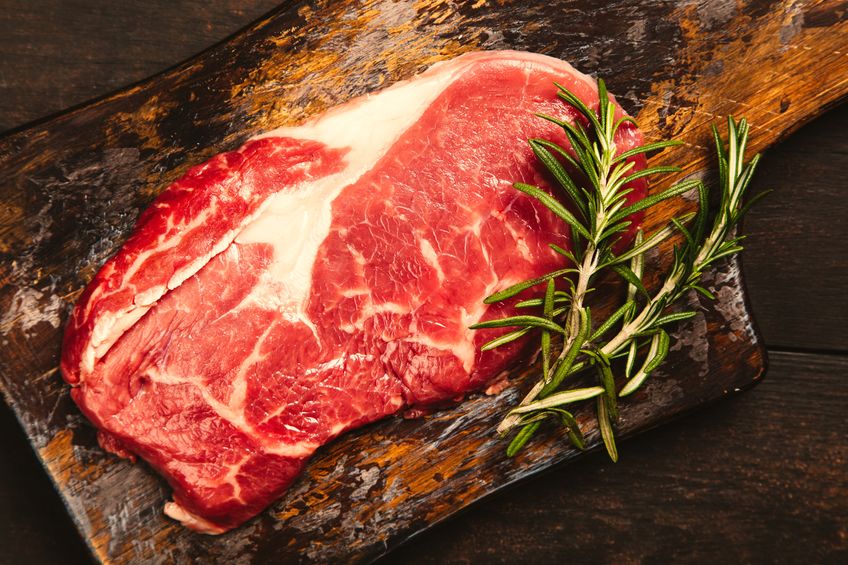Aside from the usual commitments to reduce emissions (which continue to rise globally) and redistribute income (primarily from middle-to-lower earners to corrupt governments and well-heeled members of the climate cartel), attendees at UN COP28 in Dubai took a break from grazing at the many sumptuous receptions to call for farmers the world over to change their ways and practice “climate-friendly” agriculture.
Cattle, sheep, and other farm animals now stand accused of endangering the planet by producing methane. Methane is routinely cited as a “potent” greenhouse gas that must be ruthlessly suppressed. Humans are being told, in no uncertain terms, that they must reduce, and eventually eliminate, their consumption of meat. Substitutes include lab meat and, everyone’s favorite, insects.
“A U.N. report last year held that about 7 gigatons of CO2 reductions – about as much emissions from global natural-gas combustion – would have to come from people eating meat,” Allysia Finley noted in her “Life Science” column in the Wall Street Journal (Dec. 4). “Livestock production accounts for about 11% to 17% of global greenhouse-gas emissions and about 32% of the world’s methane, which is 28 times as potent as carbon dioxide. Pound for pound of protein, beef production generates nearly 18 times as much greenhouse gas — and pork, four times as much – as tofu. Blame cow burps and manure.”
Livestock have joined SUVs, 18-wheelers, gas stoves, and gas furnaces on the ever-growing list of climate culprits. Sen. Chuck Grassley (R-Iowa) noticed that COP28 was “targeting farmers,” and he is not moved by claims by environmentalists and climate officials who say change must come to the farm if the “climate crisis” is to be averted.
“I’m one farmer that’s not ready to do that,” he told E&E News (Dec. 6). Grassley, 88, is a hog farmer, and Iowa is the nation’s leader in hog production and in corn, grown mainly for livestock feed, as well as for ethanol. The Hawkeye State ranks in the top 10 for cattle, according to the Department of Agriculture.
Grassley rightly worries that government agencies will force companies to report their climate-related emissions throughout their supply chains, down to the farm level. This is exactly the approach taken by the Biden Securities and Exchange Commission (SEC), which is working on a rule to require reporting on such “Scope 3” emissions from some publicly traded companies. Farms and ranches, of course, are not publicly traded companies, but they could be caught up in the regulatory web the Biden administration wants to throw over as many entities as it can.
Reduce the Supply and Increase the Cost
The Journal’s Finley sees what game is being played.
“The climate lobby knows that restricting people’s consumption of meat and dairy products would be unpopular, if not unconstitutional,” she points out. “Instead, they urge that governments use regulation, taxes, and subsidies to reduce the supply and increase the cost of meat, as they are doing with fossil fuels.”
While elites will continue to dine well under the regime being put in place, she notes, “The world’s poor will have to continue subsisting on nonnutritious gruel, just as they will have to do without cars, air conditioning, and refrigerators to achieve the global left’s net-zero nirvana.”
Microsoft co-founder Bill Gates is putting his money where the COP28 pledges are. He’s buying up tens of thousands of acres of prime U.S. farmland, not to plant crops to feed the world’s 8 billion people but to use the land for projects that will reduce CO2 levels in the air. This will reduce agricultural productivity, but that is a problem for the poor, not the rich.
